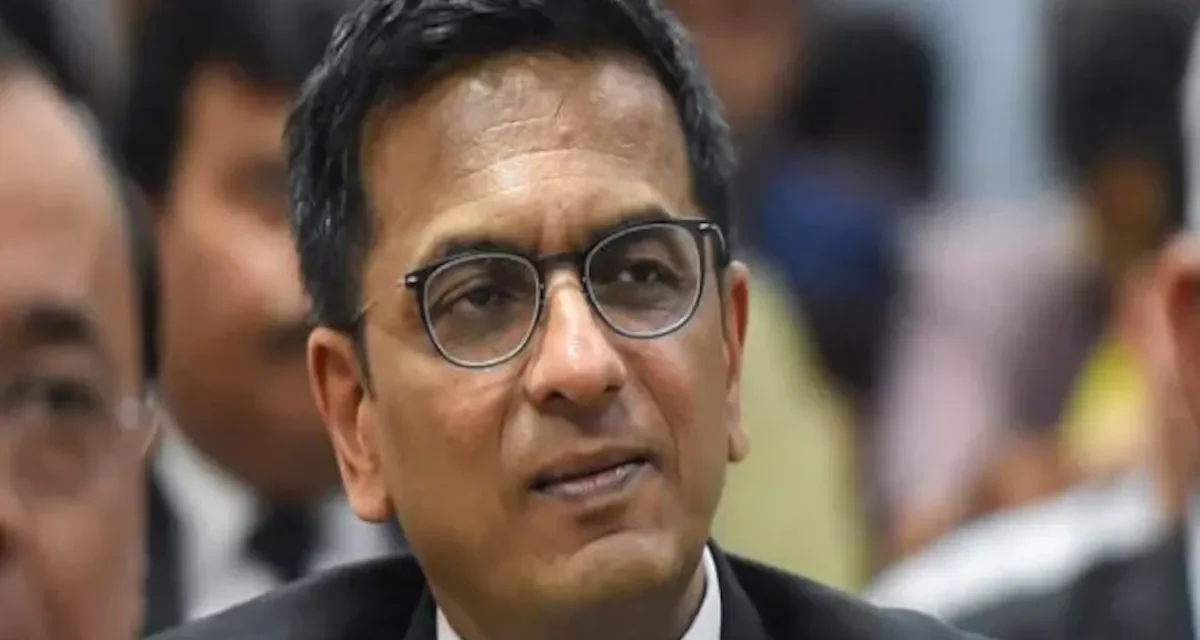Supreme Court judge Justice DY Chandrachud, who took oath as the 50th Chief Justice of India (CJI) on Wednesday, said on Monday that he has “very big-sized shoes to fill” as Justice UU Lalit’s successor and hoped to continue the “good work” initiated by him. Elevated as a judge of the Supreme Court on May 13, 2016, Justice Chandrachud will have a tenure of two years as the CJI and is due to retire on November 10, 2024, giving him plenty of time to make decisions on some of the country’s most contentious issues.
According to a report by Deccan Herald, the soon-to-be CJI is respected for his intellectual ability, for being cultured — lawyers seem to like to appear before him — and for being a judge with a liberal outlook, a quality that shines through in his decisions, particularly when it comes to issues concerning the rights of women and the marginalised. He has passionately championed the vision of a “transformative Constitution” that attempts a “radical transformation of a society which is based on caste and patriarchy.
However, his plethora of his judgements make it difficult to club within an ideology. As put by Indian Express in a report – “From his historic dissent in the Aadhaar case, in which he stated that a person’s multiple identities cannot be reduced to a 12-digit number, to the soaring rhetoric of the Bhima Koregaon case, in which he stated that “dissent is a symbol of a vibrant democracy,” to the Hadiya case, in which he stated that a person’s right to choose a religion and marry was an intrinsic part of her meaningful existence. If his stance in the Aadhaar, right to privacy, and Bhima Koregaon cases was lauded as a liberal and progressive voice in the Supreme Court, his stance in the Ayodhya and Arnab Goswami cases was applauded on the other side.”
As the Supreme Court’s chairman of the e-committee, Justice Chandrachud oversaw the publication of draught model rules for live streaming and recording of court proceedings in order to make the judicial system more accessible. He was a part of the landmark decision in the Swapnil Tripathi case (2018) that allowed live streaming, indicated that the court is attempting to institutionalise the process.





